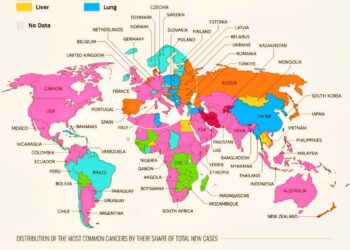Select Language:
October 30 — A major Chinese home appliance manufacturer experienced a slowdown in its third-quarter earnings growth compared to the previous quarter, primarily due to a high baseline set by the national household appliance trade-in policy launched mid-last year.
Net profit increased by 9% to CNY 11.9 billion (roughly $1.6 billion), while revenue grew by 10% to CNY 111.9 billion (approximately $15.3 billion) in the third quarter versus the same period last year, according to recent financial reports. In the second quarter, net profit grew by 11%, and revenue surged by 15% year-over-year.
Last July, China unveiled measures aimed at boosting economic recovery, including issuing CNY 300 billion in ultra-long-term special government bonds to fund large-scale equipment upgrades and consumer goods trade-ins to stimulate demand. Within less than five months, more than 29.4 million consumers benefited from trade-in subsidies to buy nearly 45.9 million household appliances, totaling CNY 202 billion.
For the first three quarters of the year, the company reported a net profit of CNY 37.9 billion and a revenue of CNY 363.1 billion, representing increases of 20% and 14%, respectively, from the previous year. In the first half, the company’s net profit and revenue grew by 25% and 16%, respectively.
Similar pressures have been felt across the industry, with competitors like Hisense Home Appliances Group seeing just a 1.2% increase in revenue and a 5.4% drop in net profit during the third quarter compared to the previous year.
Although growth has slowed, the company continues to outperform many rivals, largely due to its robust B2B operations. Revenue from its business-to-business segment rose 18% over the nine months ending September 30, compared to a 13% growth in its consumer-facing business.
Within its B2B division, revenue from new energy and industrial tech clients jumped 21%, smart building clients increased 25%, and robotics and automation customers grew 9%.
This strategic shift is also reflected in leadership changes. The company announced that Bo Lin will step down from his role as vice president and transition to other positions within the organization, part of ongoing restructuring efforts for the domestic market. Earlier this month, Bo stepped down as president of the Chinese operations, with Wang Chunkai, who manages marketing for the company’s Little Swan brand in China, taking over his responsibilities.






